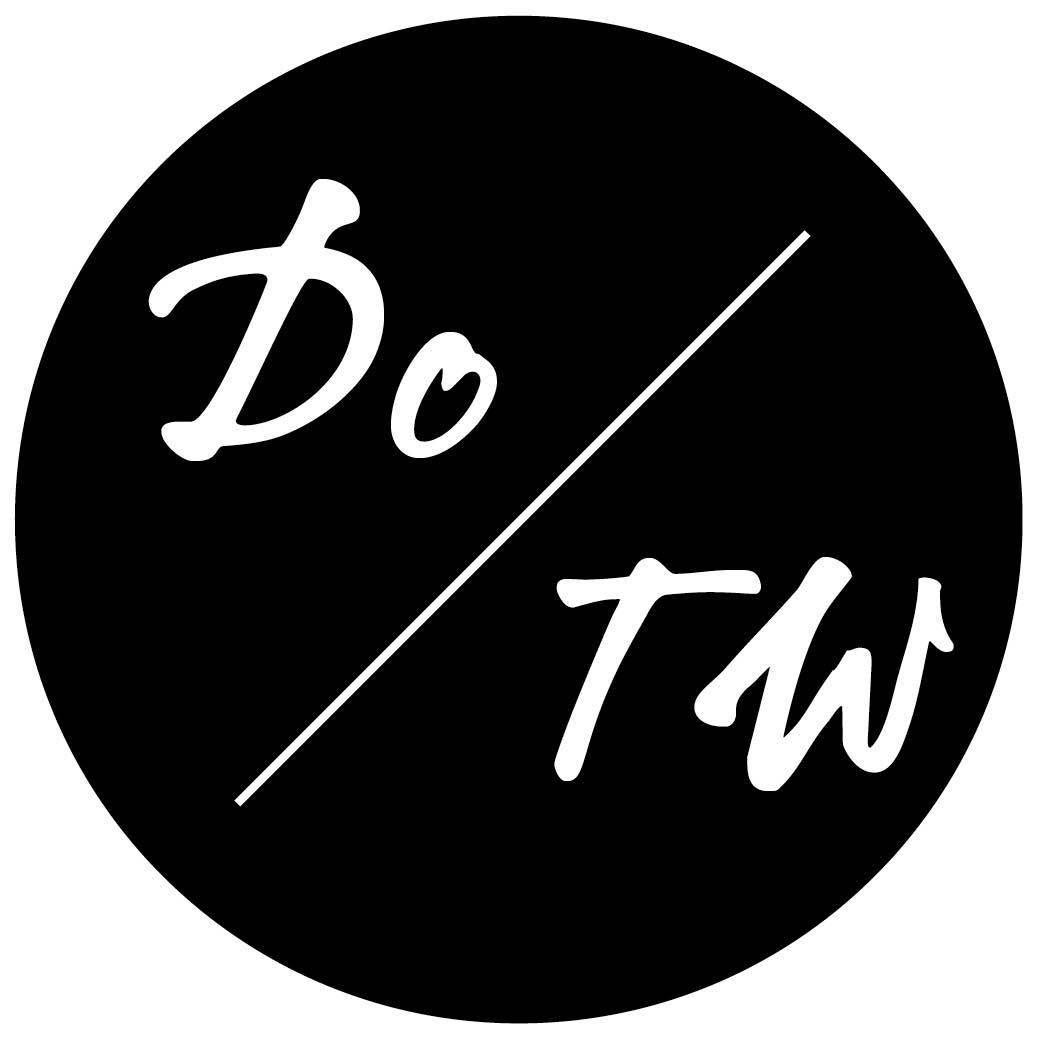Which of These 3 Types of Travel Writer Are You?

When I start any conversation with someone who wants to be a travel writer, or has been trying to make a career in travel writing for a while and isn’t getting any traction, first and foremost, I ask:
Why are you doing this in the first place?
There is so much advice out there about how to do this job. A lot of it is:
- ill-informed (from people who don’t actually make a living from their writing),
- spammy (from people who want you to pay them a lot of money but don’t really care if you succeed),
- thin (from people who probably don’t have any real experience in travel writing, so they keep things vague to keep from being called out),
- or, just plain heresy (rehashed, reheated versions of the crap from above).
So, often, aspiring or struggling travel writers have latched on to some crummy advice, thinking that is the only way to succeed as a travel writer and grow a flourishing business. Then, despite their own interest and best interests, they bang their head against the wall over and over again trying to do something that is never going to work.
But even the legit people can cause problems.
One Person’s Success Cannot Be Everyone’s Success
I know so many people who have gone on to become travel writers by jumping sideways from a specific subject area that overlaps with travel writing. But I also have a wonderful, lovely friend who simply came out of an MFA program into the field and I know she is going to be a huge travel writer, because she’s getting enormous traction right away simply through the quality of her writing.
What one person did to become a successful travel writer won’t work for you. You are not the same person.
Unlike many other fields, like blogging about online marketing or cooking, travel writers are differentiated in terms of what they can do by:
- where they have traveled and have a level of expertise in those destinations
- how much they can travel
- their interest and skill (or desire to develop interest and skill) in social media
- their observational powers
You can be an expert on a really unknown or specific area and quickly realize you are suffering from success, simply through that expertise.
You can do a crazy, nomadic quest trip and build an audience, following, and series of articles because you have the freedom to embark on an adventure others find crazy.
You can rock Twitter and Facebook with updates from your travels and get travel companies and destinations to come to you wanting to pay you to advise on their social media or promote them on yours.
You can write award-winning travel essays with your singular way of bringing out how each destination exemplifies some part of the human condition because you see things others don’t in the destinations you visit.
But when there are so many unique paths to travel writing success, how can you know where to start?
The Three Core Types of Travel Writers: It’s All About Motivation
Once I decided that I’d had enough of people approaching me with some piece of bad advice they’d heard and that I would start coaching people to be travel writers, I spent months doing extensive research on how people establish a career as a travel writer through one-on-one conversations.
What I discovered—unsurprisingly—was an age-old maxim for happiness and a successful flourishing business.
The people who have the most stable, healthy, fruitful, and, of course, successful, careers are travel writers who only work on what fits them.
This doesn’t mean avoiding work you’re not qualified for if it’s something you’re interested in and jazzed to learn about.
It’s about consistency.
Discover More Inspiration:
- How to Rain the Right Things on Your Business , Elizabeth Gilbert and Hamilton-Style
- To Niche or Not to Niche: What’s the Best Way to Freelance Travel Writing Success?
- Why Do We Avoid the Simple, Easy Steps that ACTUALLY Move Us Toward Our Goals?
So, then I drilled down. Is there some thread, some division, something that can act as a guidepost for new travel writers to help them figure out what kind of travel writer they are?
Yes! It’s the simple answer to a simple question (which of course takes a lot of time to figure out): why are you here? Not on earth, but embarking on the path of travel writing.
Everyone in the field, from travel bloggers to hardcore journalist types to copywriters who work two hours a day from a beach in Costa Rica, tends to fall into one or a combination of these three categories:
- in it for the freedom
- in it for the free trips
- in it for the bylines (the prestige of articles in big-name magazines)
Wanderlust, wanting to understand how people in other places are both the same and different from the people you know, and an appreciation for culture run through all three.
Which Type of Travel Writer Are You?
When it comes down to it, which type are you?
If you’re in it for the freedom:
- You really want to be a nomad or expat and have decided that the best way for you to live and fund that dream is through travel writing.
- You’re less picky about who you write for, as long as they respect your off-the-gridness and hours.
- You also prioritize high-paying jobs that take less time.
If you’re in it for the free trips:
(I hope you don’t think I’m calling you superficial!)
- Your core desire is really to travel to places that you wouldn’t be able to otherwise.
- Unlike those in it for the freedom, you don’t care if or how much you get paid. The trip is the reward for you.
- Your best clients and editors are ones that give you consistent assignments that allow you to plan your travel calendar well in advance with tourism boards and hotel PRs.
If you’re in it for the bylines:
- You might come from a journalism or other kind of writing background, but you definitely care about being in glossy, name-brand magazines or writing for the craft of it.
- For you money isn’t as much of a driver. It’s doing good work, having the freedom to really delve into a destination, and sharing facets of the world people wouldn’t be able to experience otherwise through your writing.
- Great clients and editors for you are respected magazines, websites and newspapers that trust their writers and are willing to take a chance on a great story.
Want to Expand Your Expertise on This Topic?
Check out our info-packed video courses to go in-depth and quickly skill up. People have called them “a wealth of knowledge” and “invaluable tools,” and told us “you do an amazing job of helping people,” and “I am learning more from you than any other person.”
